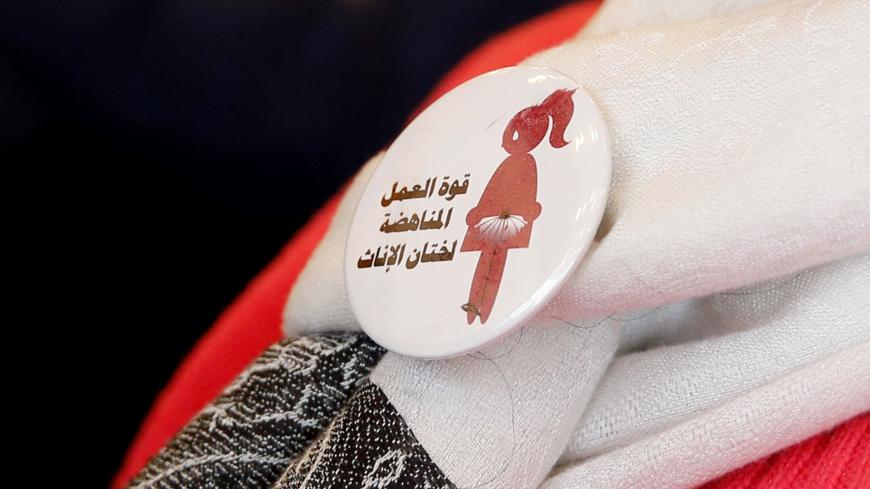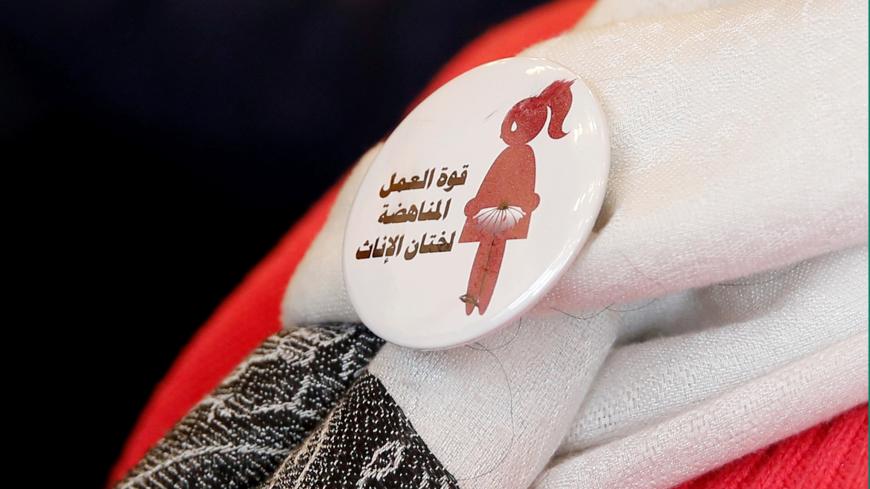
Female genital mutilation persists in rural Egypt
Subscribe for less than $9/month to access this story and all Al-Monitor reporting.
OR
Create an account for a 7-day trial to access this article and all of AL-Monitor.
By entering your email, you agree to receive ALM's daily newsletter and occasional marketing messages.










![- PHOTO TAKEN 13JUN06 -
A counsellor holds up cards used to educate women about female genital mutilation (FGM) in Minia June 13, 2006. The practice of FGM dates back over two thousand years in Egypt and is widely practiced in all levels of society for [Muslims and Christians] alike. [Many organizations like UNICEF] have funded programs to help educate people about the risks and dangers of FGM in order to change people's opinions on this procedure which is seen by many as a necessary social norm. Picture ta](/sites/default/files/styles/article_header/public/almpics/2016/09/RTXOQUZ.jpg/RTXOQUZ.jpg?h=f7822858&itok=twIKQu17)





